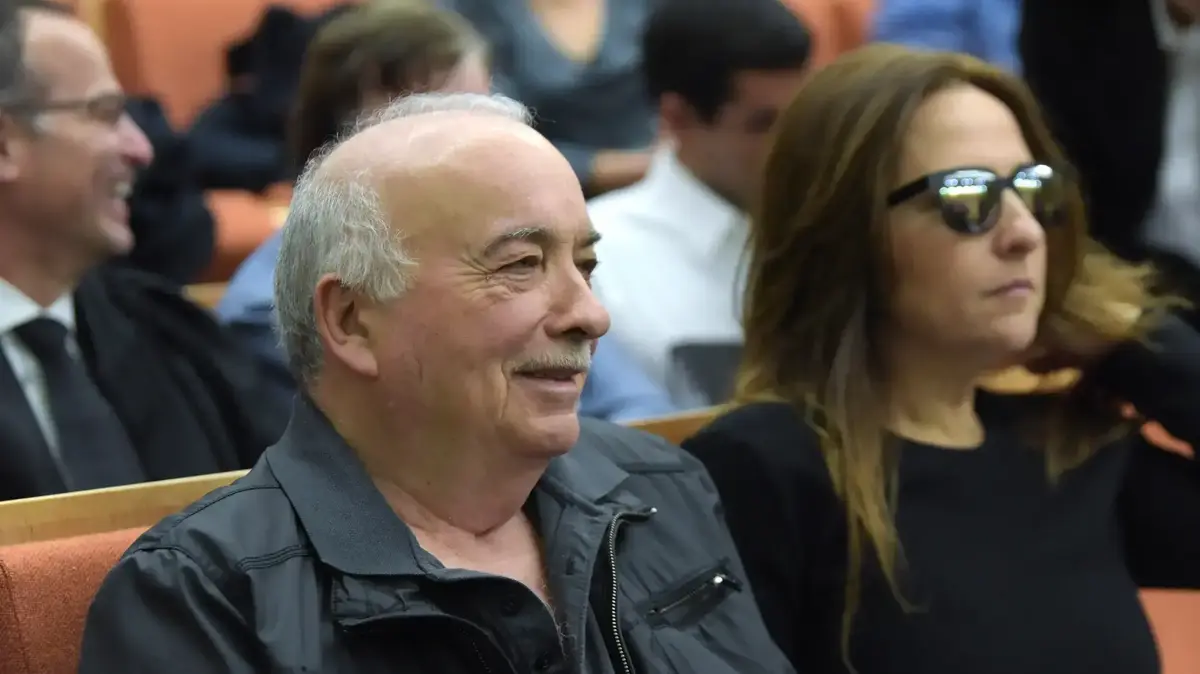In an article published in this newspaper, Emiliano Monge writes: “My language belongs to me (…) I have never felt like a foreigner more than when I am where something other than that language that I learned at home is spoken (…) I have never felt far (neither in the Pyrenees, nor in Ushuaia, nor in Tijuana), except when my words do not surround me, which are what make me feel close ”.
Monge, one of the best current Mexican writers, reduces the above to an "emotional outburst";
on the other hand, it has made me think.
I was born in a town where only one language was spoken, but I grew up in a city where two were spoken: Spanish and Catalan. At that time, still in the Franco regime, Spanish was, in addition to my family language, the only language of the school, the media and the Administration; but I was aware of the existence of the other language, and was in permanent contact with it. Does this mean that I felt like a foreigner? It is quite possible (although not only for linguistic reasons: also due to lack of family references, for example); In any case, perhaps it was precisely to avoid feeling like a foreigner that, as soon as I got to university, I learned Catalan: I learned to speak it, to read it, to write it; I studied Catalan literature, culture, history. More or less since then I am, like so many Catalans,almost perfectly bilingual, and in my everyday life I usually use Catalan more than Spanish. Of course, there is no shortage of people who think that this is a betrayal, a coward renounces his own identity; it is nonsense: the language does not determine identity — whatever that is — and what is incomprehensible, what is barbarous is that there is someone who lives in a place where a language other than their own is spoken and does not bother to learn it. Languages are the key to wisdom, and one of the advantages of bilingualism is that it facilitates the learning of other languages: that is why I not only do not feel like a foreigner in Latin America, but also in France, Italy, the United States or Portugal, where languages that I know are spoken. This personal story has a political spin. Still a prisoner of the nationalistic mentality,which was revolutionary two centuries ago and is now reactionary, our time identifies the language with the nation, and the nation with the State: a State would thus be the natural fruit of a nation, and a nation the natural fruit of a language. Today's France, whose Revolution devastated the languages that coexisted with French two centuries ago, is the result of the triumph of French nationalism; Present-day Spain, which did not have a revolution —not at least comparable to the French— and where languages other than Spanish are spoken, is the result of the failure of Spanish nationalism. But this failure could become a success if, by emancipating ourselves from the mental framework of nationalism, we managed to combine political unity, which makes us stronger, with linguistic and cultural diversity, which enriches us. And so,Because different languages and cultures are a source of wealth, Spain should ensure the prosperity of its own, as in fact the preliminary title of the Constitution requires, and transform this promotion of diversity into a tool for union and not for division (the The problem, let's clarify once, is not the languages, but the political use of languages: it is absurd to attribute any responsibility to the Catalan language for the outrages committed by the secessionists in 2017). Seen this way, the Spanish project resembles the European project, which not by chance emerged as an antidote to the catastrophes caused by nationalism in the 20th century: to end centuries of bloody national divisions; to preserve peace, prosperity and democracy on the continent,and to complete the most ambitious political project of our time, Europe too must learn to reconcile political unity with cultural diversity.
Monge is right: our language is our property; but, for those of us who have several languages, membership is multiplied. It is absurd to go out of your way to turn that privilege into a problem.















